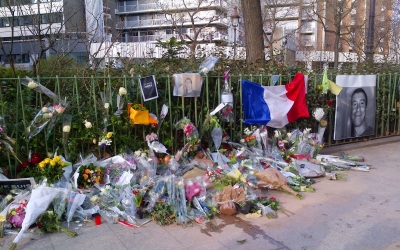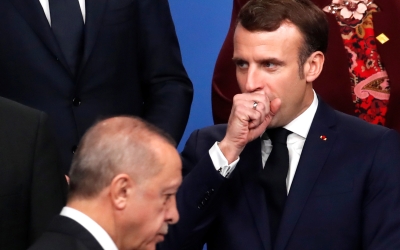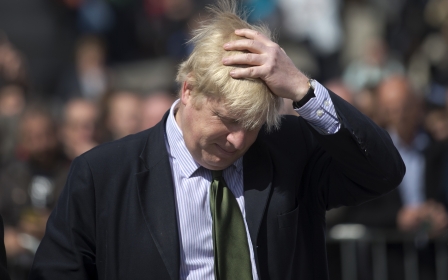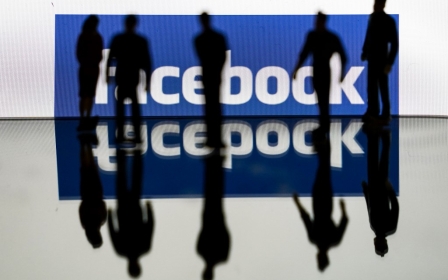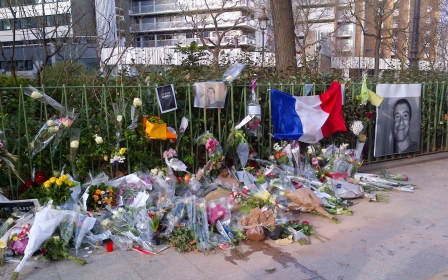France's Macron says Islam 'in crisis all over the world today'
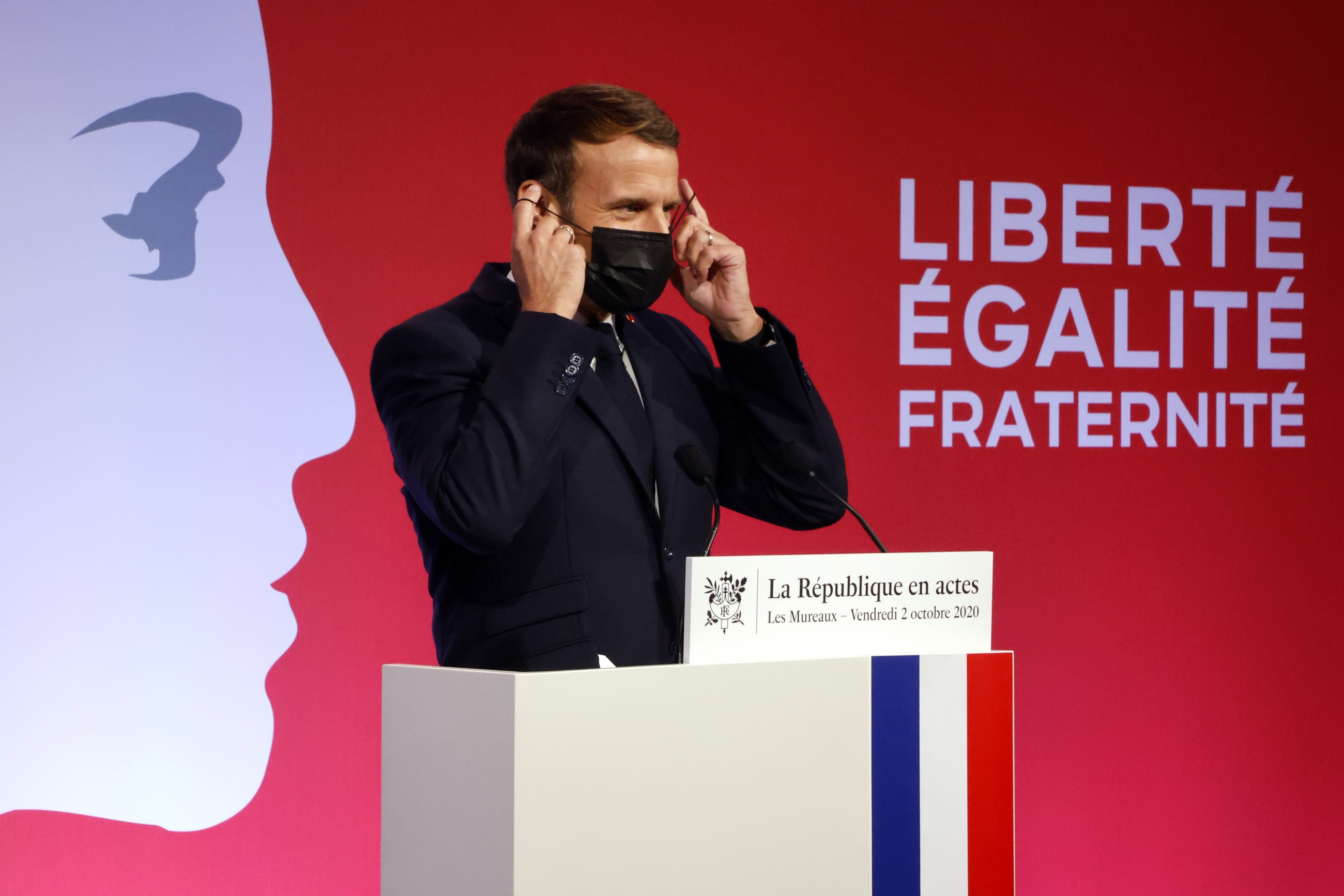
French President Emmanuel Macron described Islam on Friday as "a religion that is in crisis all over the world today" as he made a high-profile address on battling Islamic "radicalism" in France.
Macron said Islam was in crisis due to "an extreme hardening" of positions.
Less than two years before the next presidential campaign, he announced that the government would this year present a draft law aimed at strengthening secularism in France against what Macron described as "Islamist separatism" in the country.
"Islam is a religion that is in crisis all over the world today, we are not just seeing this in our country," he said.
The president said the government would present a bill in December to strengthen a 1905 law that officially separated church and state in France.
The measures, Macron said, were aimed at addressing a problem of growing Islamic radicalisation in France and improving "our ability to live together".
"Secularism is the cement of a united France," he insisted, but added that there was no sense in stigmatising all Muslim believers.
The law permits people to belong to any faith of their choosing, Macron said, but outward displays of religious affiliation can under no circumstances be allowed in schools or the public service.
France follows a strict form of secularism, known as "laicite", which is designed to separate religion and public life.
In recent decades, the growing desire among French Muslims to express their religious identity has shifted the focus of balancing religious and secular needs onto Islam.
Many French Muslims, though, have long complained of discrimination and marginalisation that have contributed to poverty and social alienation within their communities.
'Liberate' Islam
Macron announced that France would seek to "liberate" Islam in France from foreign influences by improving oversight of the financing of mosques.
There would also be closer scrutiny of schools and associations exclusively serving religious communities.
The teaching of Arabic will be encouraged in France, and an Institute of Islamology will be created, he said. But foreign imams will no longer be able to train clerics in France, and there will be tighter controls on the financing of mosques.
Among the other measures in the draft law, Macron said home-schooling will be severely restricted to avoid having children being "indoctrinated" in unregistered schools that deviate from the national curriculum.
Prefects - local representatives of the central government - will be given the power to annul decisions by mayors to restrict school cafeterias or swimming pools to women or men only.
The president was speaking one week after a man wounded two people in a meat cleaver attack outside the former Paris offices of the Charlie Hebdo satirical weekly, which was condemned by the government as an act of "Islamist terrorism".
Staff at Charlie Hebdo were massacred in January 2015 by al-Qaeda-linked militants seeking to avenge its publication of caricatures of the Prophet Muhammad.
Ahead of elections, Macron is keen not to leave himself open to attacks from the far right and traditional conservative right-wing parties on law-and-order issues such as crime and immigration.
Turkey spat
Macron's announcement comes as tensions between France and Turkey reached new heights, a clash which has been framed in religious terms in both countries.
Macron has frequently slammed Turkey's President Recep Tayyip Erdogan for what he sees as adventurist policies in the Mediterranean and Middle East, while Erdogan has accused France of Islamophobia and of singling out Turkey for criticism.
On Thursday, Macron told reporters at an EU summit that Europe's solidarity with member states Greece and Cyprus in their stand-off with Turkey must be "non-negotiable".
European powers are trying to defuse a dispute over maritime borders and energy fields in the eastern Mediterranean, but Greece and particularly Cyprus are pushing for a tough line on Ankara.
Cyprus has been blocking efforts by its EU partners to impose sanctions on actors in the Belarus political crisis, demanding that Brussels first take a stand on Turkish gas drilling in its waters.
Macron has also warned Turkey, a fellow Nato member, against an alleged deployment of Syrian fighters to the Nagorno-Karabakh conflict, as well as what he called Turkey's "reckless and dangerous" statements backing Azerbaijan in its bid to take back the breakaway region.
But Turkey fired back, accusing Macron of supporting Armenia's "occupation" of the region, where deadly fighting has raged since Sunday.
"I have noted Turkey's political statements, which I think are reckless and dangerous," Macron told reporters on Wednesday in Latvia's capital Riga during a visit to the Baltic EU state.
Middle East Eye delivers independent and unrivalled coverage and analysis of the Middle East, North Africa and beyond. To learn more about republishing this content and the associated fees, please fill out this form. More about MEE can be found here.


